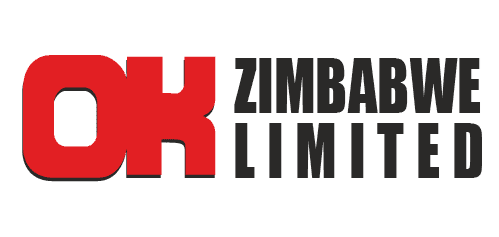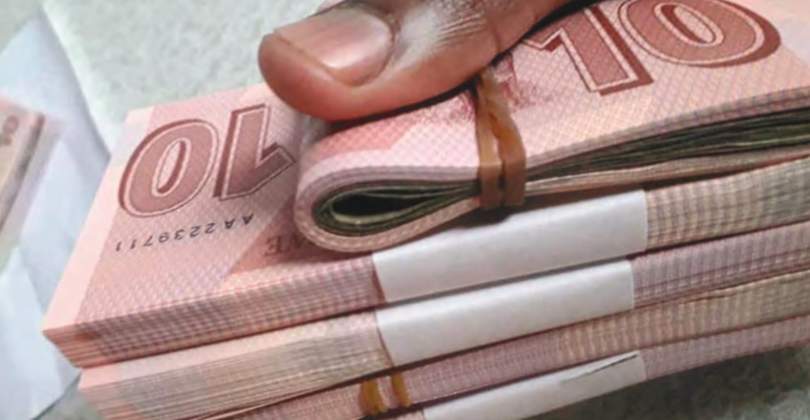Pressure mounts on some African currencies, AfDB
African currencies faced significant pressures in 2022 and 2023, with Zimbabwe among others leading in depreciation against the US dollar amidst rising global interest rates and persistent global uncertainty, the latest African Development Bank report reveals.
The Zimbabwe dollar, the Sudanese Pound and the South Sudanese Pound were the worst-performing currencies in 2023.
Furthermore, all of Africa’s leading commodity- exporting countries experienced sustained exchange rate depreciations as commodity prices retreated from their 2022 peaks, except for Liberia and Guinea (both unchanged) and Algeria (+4,5percent), said the AfDB’s latest Macroeconomic Performance and Outlook (MEO) of the continent released last week.
The Sudanese Pound depreciated by almost 78 percent, as the protracted civil conflict in that country curtailed export earnings and depleted foreign currency reserves.
The South Sudanese Pound lost almost half of its value against the US dollar and is expected to depreciate further because of spill-oversfrom tight US monetary policy and widening balance of payment gap due to the highly-import dependent economic structure of the country.
The Burundi Franc was the worst – performing currency among non – resource-intensive countries, as low foreign exchange reserves, global uncertainty and 20 percent inflation pushed the currency down in parallel markets, forcing the central bank to devalue it 39 percent in May 2023, with a 3,8 percent appreciation in both Cabo Verde and Comoros, the two island currencies were the top performers, benefiting from a rebound in international tourism.
Higher interest rates may have had limited success in reducing inflation because Africa faces predominantly supply- side shocks.
The European Central Bank and the US Federal Reserve tightened monetary policy throughout 2023, pushing inflation further down from its 2022 peak.
As a result, real interest rates are now firmly positive, at 2,13 percent in the United States and 1,6 percent in the eurozone. In Africa, by contrast, inflation rose in 2023. Although most African central banks also raised rates, real interest rates remain negative overall.
The recent slowdown in domestic inflation and falling inflation worldwide, along with expectations of monetary policy easing in advanced economies, may give African central banks room to pause interest rate hikes and possibly reverse some if disinflation sets in low and negative real interest rates disincentivise domestic savings, and with national currencies weakening, households could use alternative assets, including foreign currency, as store of value, further undermining the efficacy of monetary policy transmission to combat inflation.-ebusinessweekly










